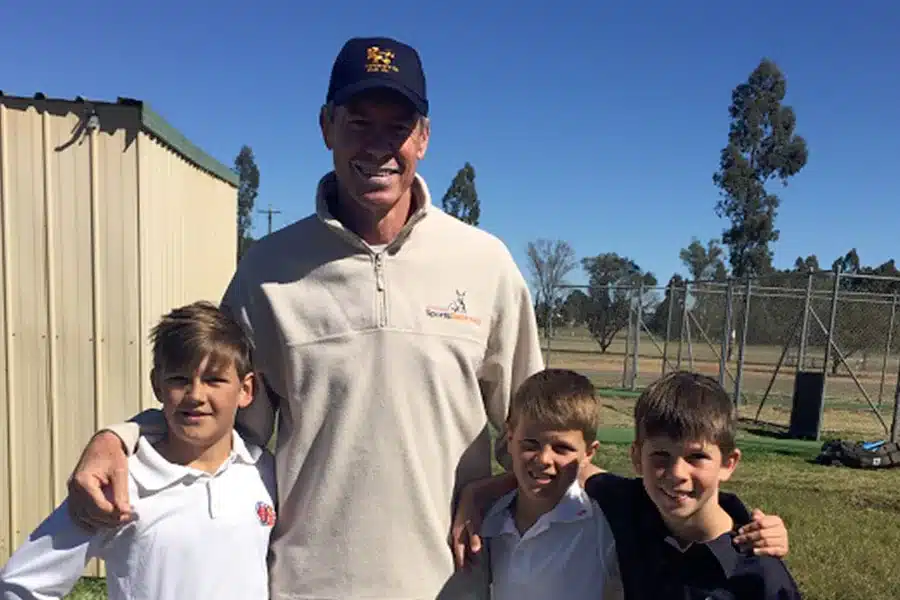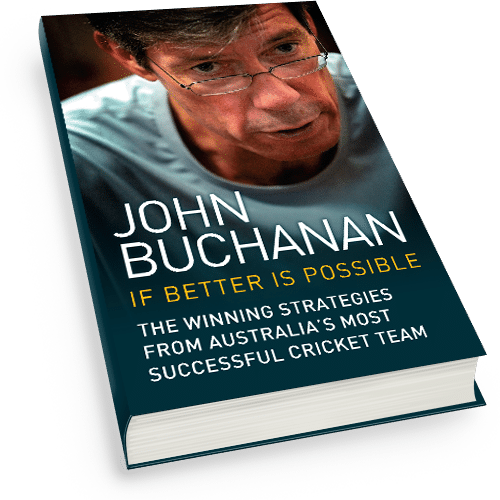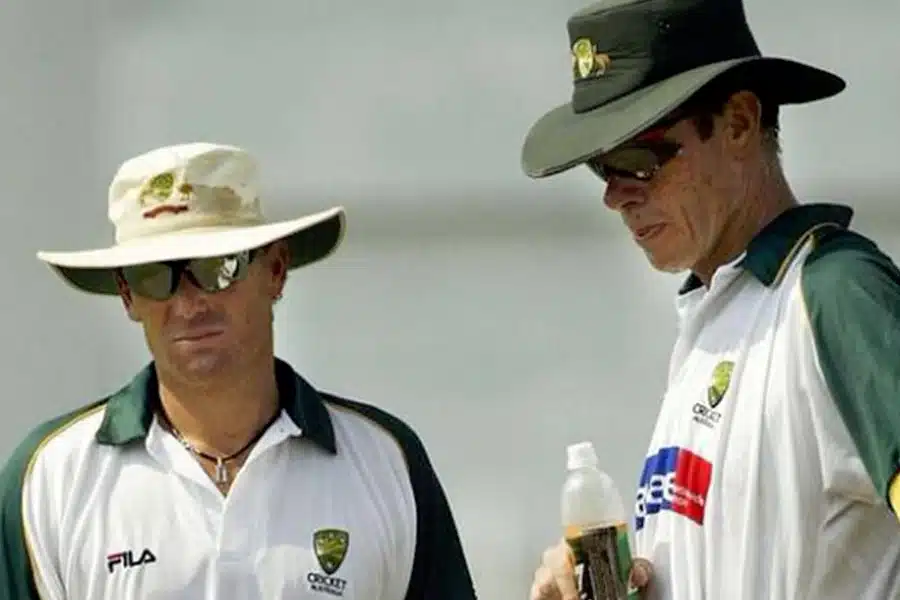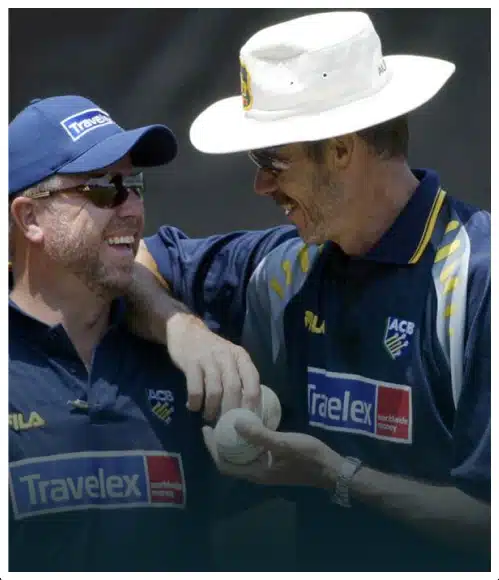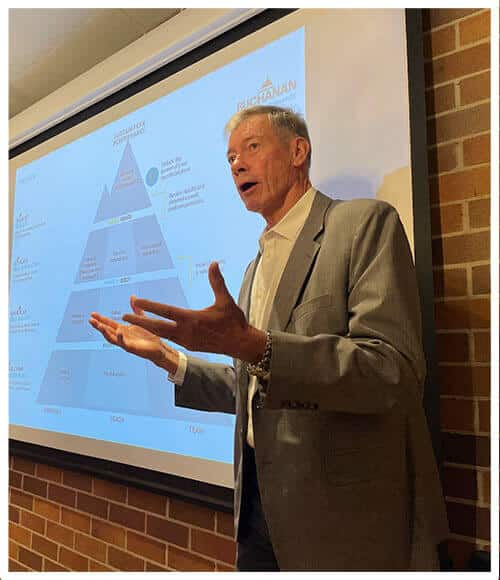‘… whether you’re a teacher or a committee chairman, sales manager or a choir leader, a Little League coach or a military officer, you can improve your ability to get the best performance from people.’
Everyone’s a Coach, DON SHULA AND KEN BLANCHARD
WE ARE ALL COACHES in some form or other. Some of us have the title formally attached, such as the coach of a sporting team or one of the growth occupations of the twenty-first century, life coach or personal coach. Others have a less obvious acknowledgement of their coaching role, such as teachers, managers, officers in the services, ministers of the church and parents. All of these people actively engage in the very special role of coaching. So then, what is coaching?
As you can see, I differentiate very little between coaching, teaching, parenting, educating and managing. In all these occupations there are a number of key coaching principles which are delivered from a certain perspective depending on life experiences, personality, clientele and the situation. Underlying the principles I endeavour to uphold every day as a coach are relationships and continual improvement.
Before I can coach someone effectively there must be a relationship established between us. Some relationships grow quickly due to the ‘chemistry’ – the ease with which I can interact with someone – and that can quickly become what I call an ‘honest’ relationship. Other relationships may never really develop because of a lack of chemistry. In these cases each of us lacks some commonality – background, interests, friends – that means the relationship will always be distant.
Nevertheless, a distant relationship is still a relationship. In this case it means the coach is allowed only a minimal insight into the life of the person they are coaching. The trick is to find another way into understanding the individual. Generally, this is through friends, contemporaries and, sometimes, partners so that the coach is aware of what can develop and what can destroy the existing tenuous links.
In the next series of articles, I will look at three key principles that helped me in my previous and current coaching career. Whether you are a business leader, a designated business coach or sports coach, a community leader, a parent, or a friend – we will all be called upon to coach others. It is being able to recognize these moments, and then provide the best possible feedback or advice in these moments that is so important for the person receiving the coaching.
Please message us your thoughts and comments!
Lead for World Class Performance— Join our Free Mini Course!

